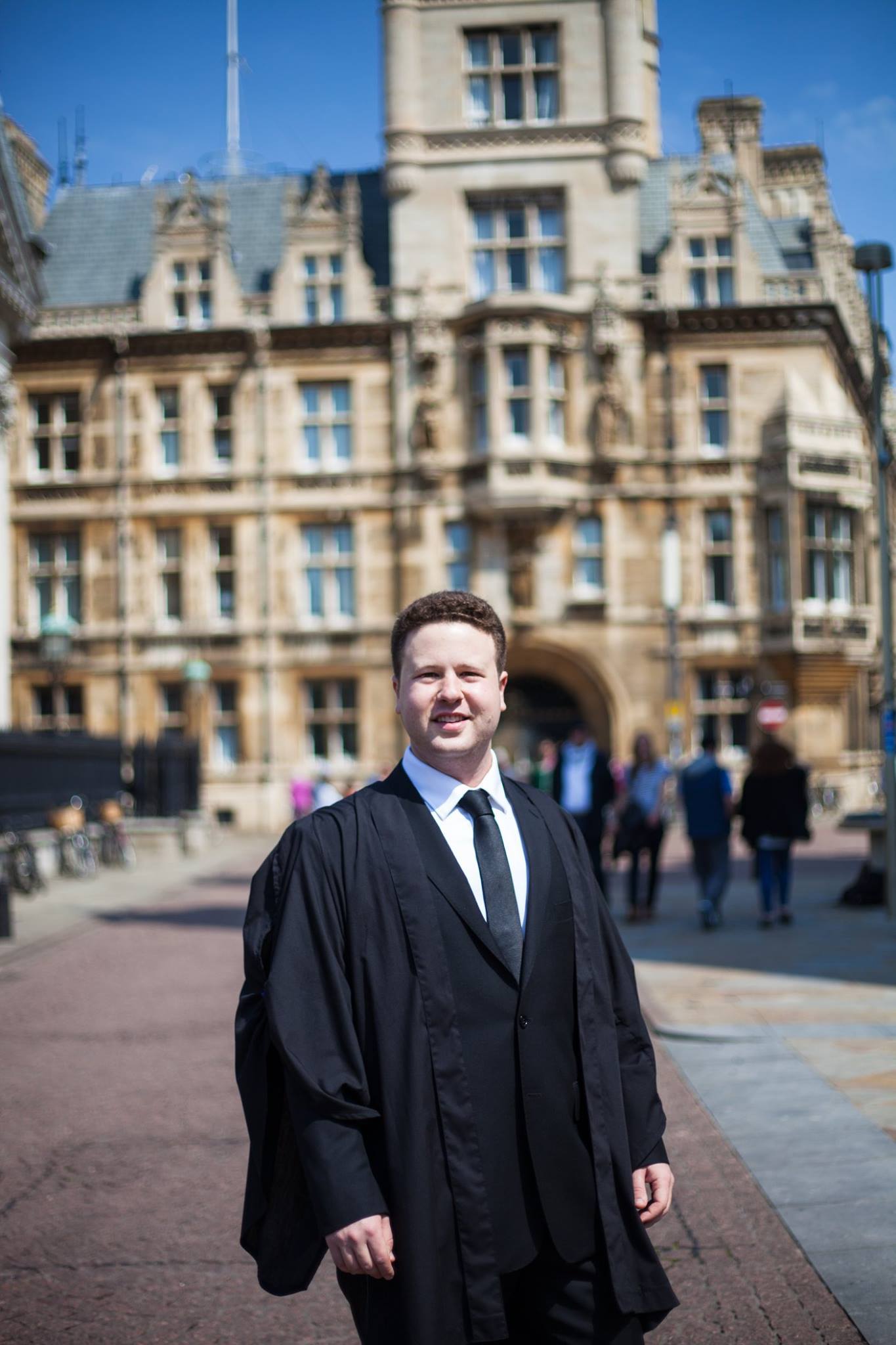
Last month, many members of the pro-Israel community celebrated what was perceived as a victory on UK college campuses, due to the cancellation of a number of Israel Apartheid Week events.
While this was indeed a victory, in the sense that the planned events were not held, the message sent to students as a result of the way in which these events were cancelled, broadcasted a completely different message.
Thus, instead of cancelling the events and citing the reasons behind the cancellations as the fact that these events disgrace the real victims of the Apartheid regime in South Africa and promote unfounded lies as well as the hatred of Jewish students, universities chose to instead take a very different approach.
At Exeter, a mock checkpoint was cancelled due to “safety and security reasons” and not because its goal was to depict a false picture of the situation on the ground in Israel, as well as intimidate Jewish students. Similarly, UCL cancelled an event titled Quad Under Occupation, not because the university was concerned about how such an event might make Jews or Israelis on campus feel, but as a result of a failure of the organizers to obtain the required permits.
The outcome of the university’s actions, namely the cancellation of the events, is indeed the same regardless of the stated reason.
However, the refusal of the university to publicly entertain the notion that these events might be harmful for some of their students and thus inappropriate for their campuses, while upholding the right to host such events in the future within the guise of freedom of expression, is very troubling.
What kind of message does this send to students on campus?
That it is perfectly acceptable to host events that are libelous in nature and do everything in their capacity to foster hatred among the student body, as long as the event has the proper permits?
If next year during Israel Apartheid Week, students decide to put on a spectacle once again calling all Israelis murderers and justifying the killing of innocent civilians, will that be OK as long as they request permission in advance?
Even more disturbing is a letter signed by 250 academics decrying suppression of freedom of speech because of these cancellations, while they in the same letter tie the recent rise in anti-Semitism to the Brexit vote.
Unfortunately for these enlightened academics, you cannot excuse away your inability or refusal to tackle anti-Semitism on campuses by invoking Brexit.
The rise in anti-Semitism is a direct result of the fact that it has become acceptable and even encouraged to hate Israel on college campuses.
It has become acceptable to vilify Israelis and refuse them their own rights to freedom of speech.
It has become regular practice to also physically assault Israeli speakers even if they come to campus to speak about coexistence, as well as disseminate hatred on campus while calling for the destruction of a UN member state.

That state also happens to be the only Jewish one on our planet. If our leading universities and academics cannot or are unwilling to make that connection, then the problem at hand is significantly more troubling.
When a university does not feel comfortable to state that an event was cancelled because of its either anti-Semitic undertones or hostile nature, then we have a severe problem.
Even worse and most hurtful, is when academics use the authority granted to them by such universities to protect, under the guise of freedom of speech, what in any other situation would be criticized as bigotry that has no place in any institution of higher learning in this country.
Originally published in the Jewish News.
Contributed by Shlomo Roiter, CAMERA Fellow at Cambridge University, and is one of the co-founders of CAMERA-supported group Cambridge Middle East and North Africa Forum

